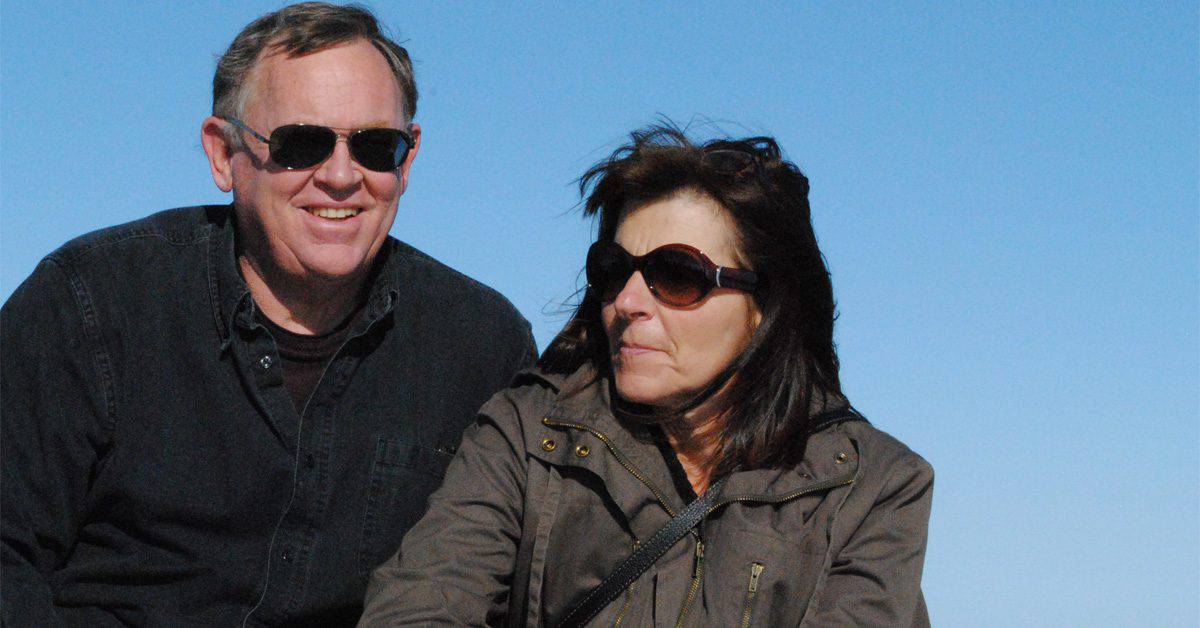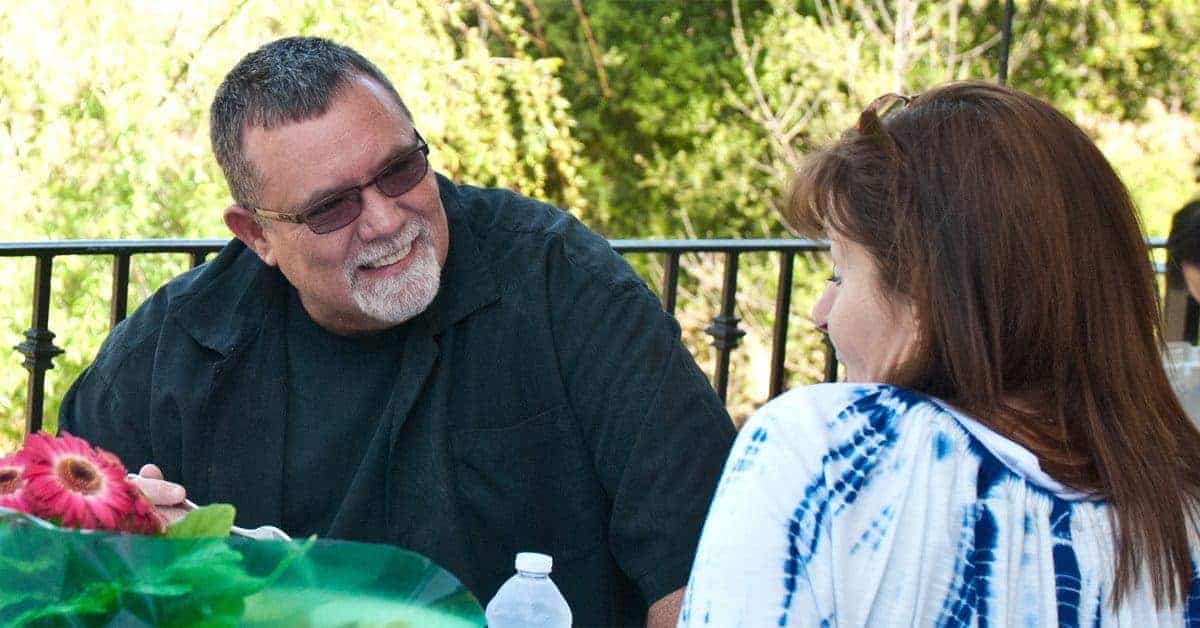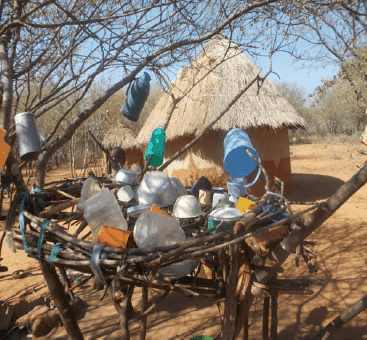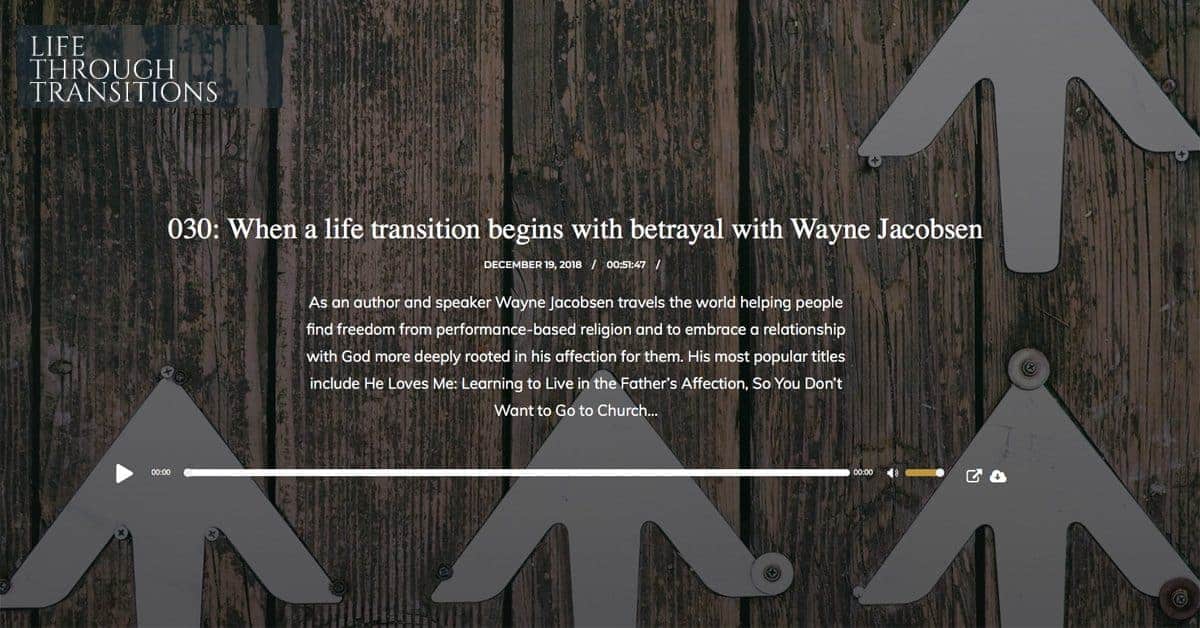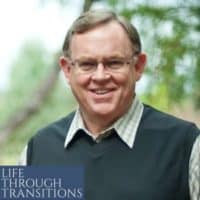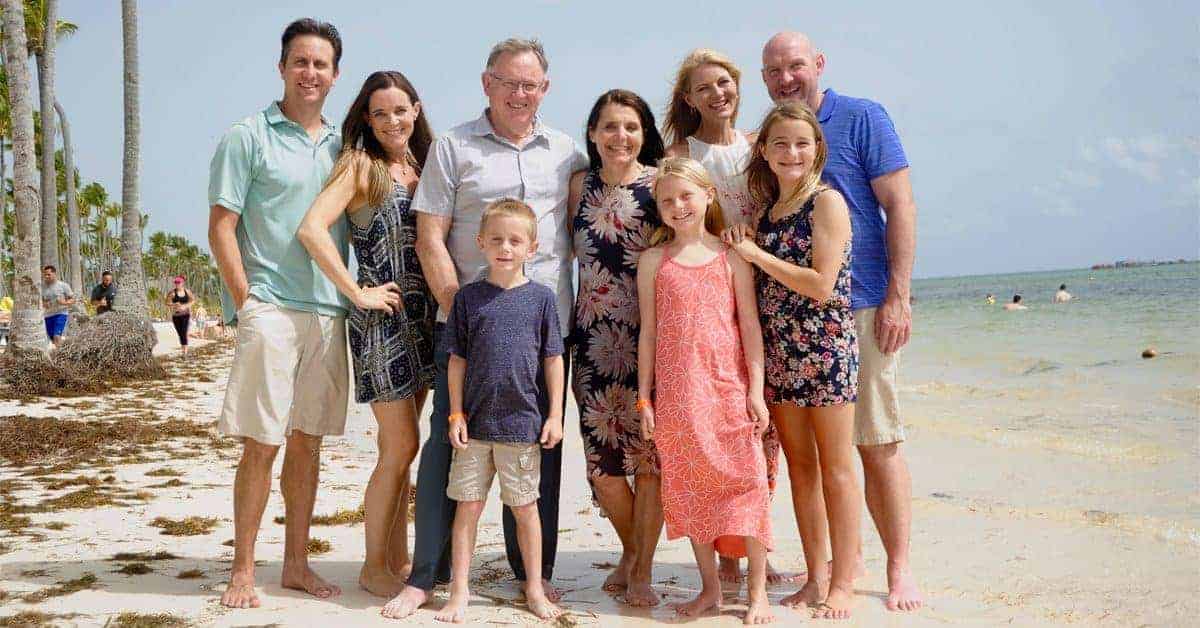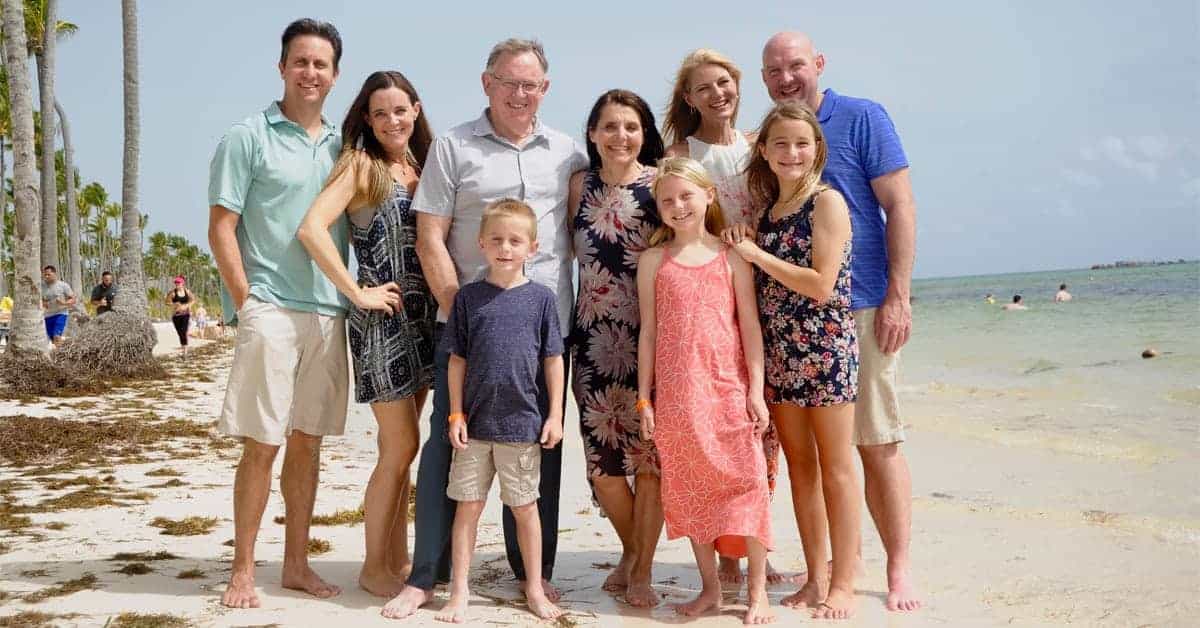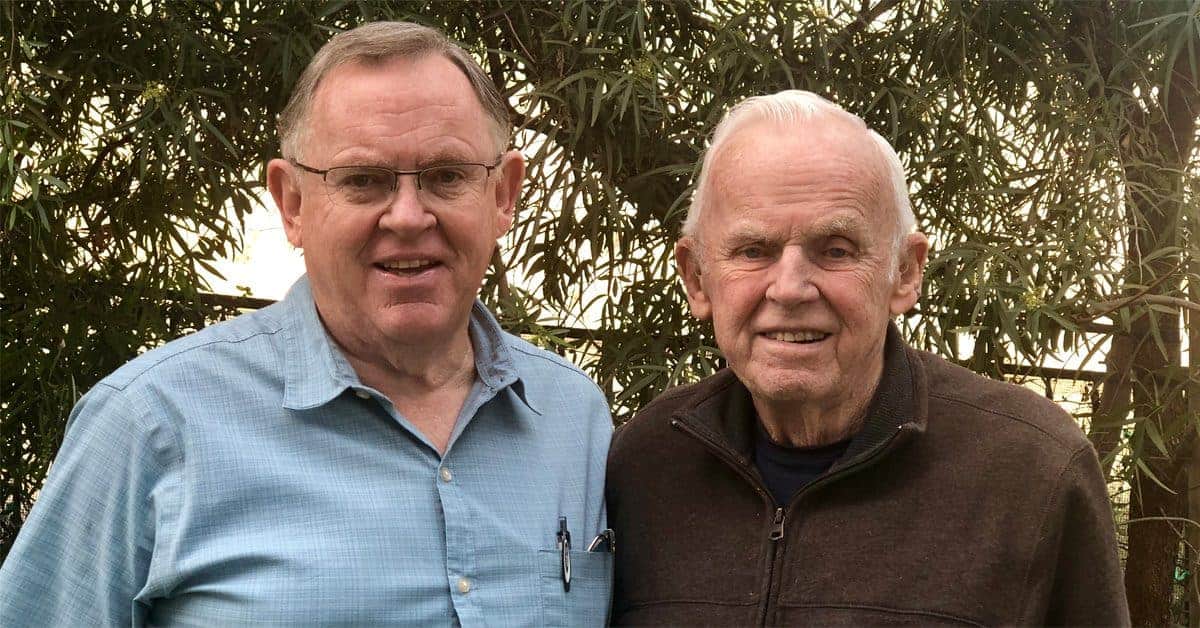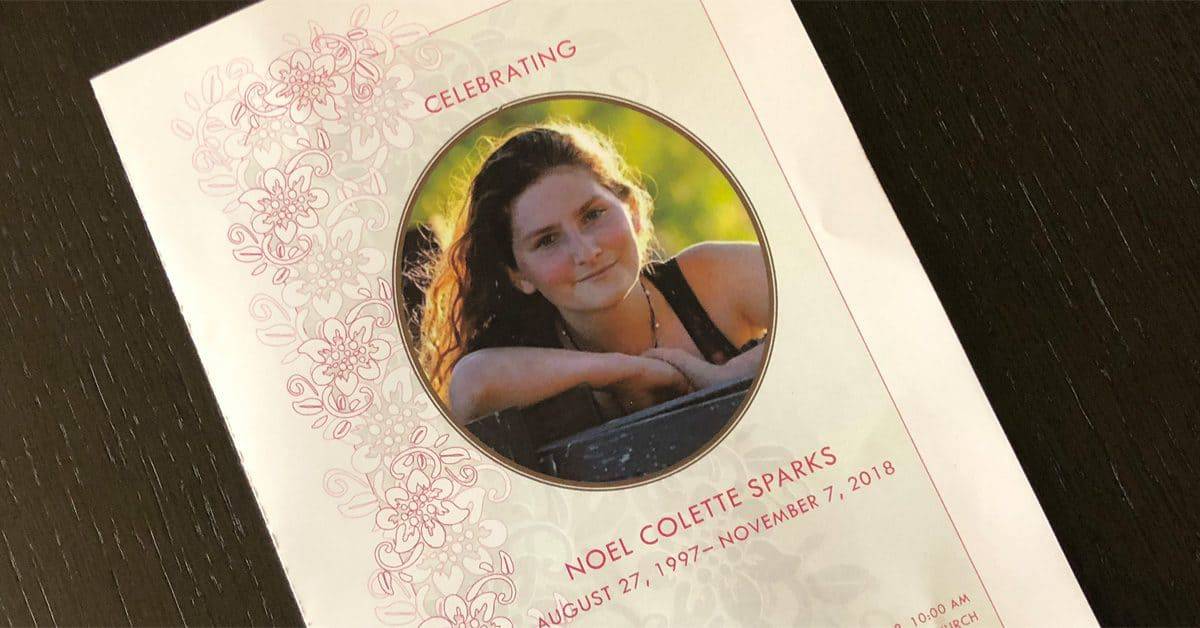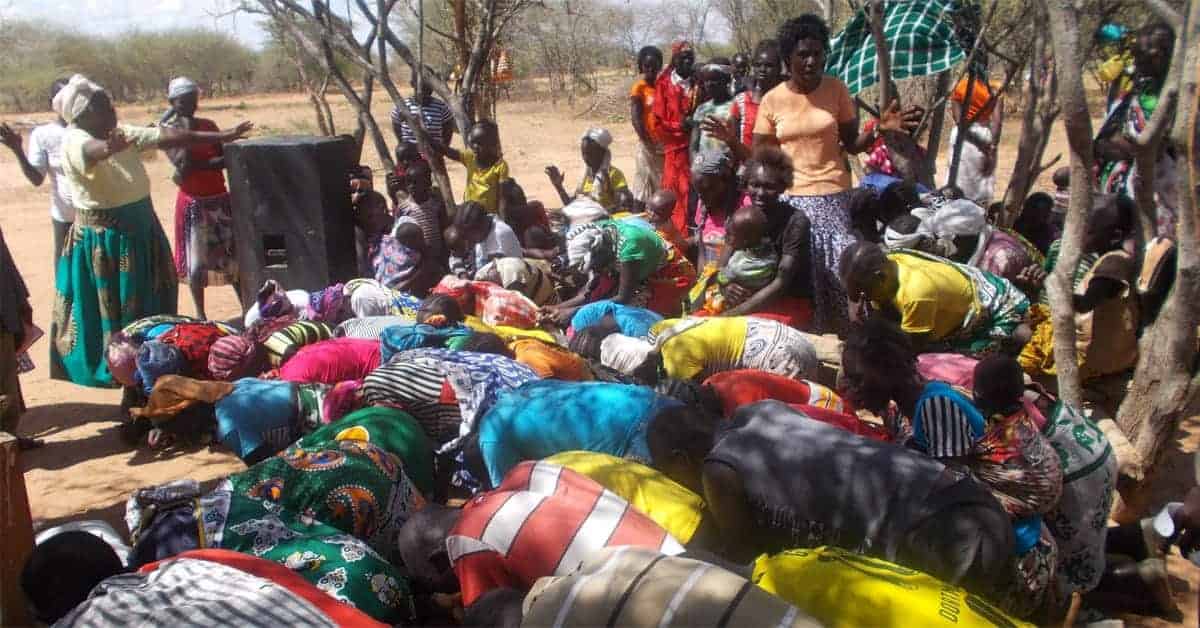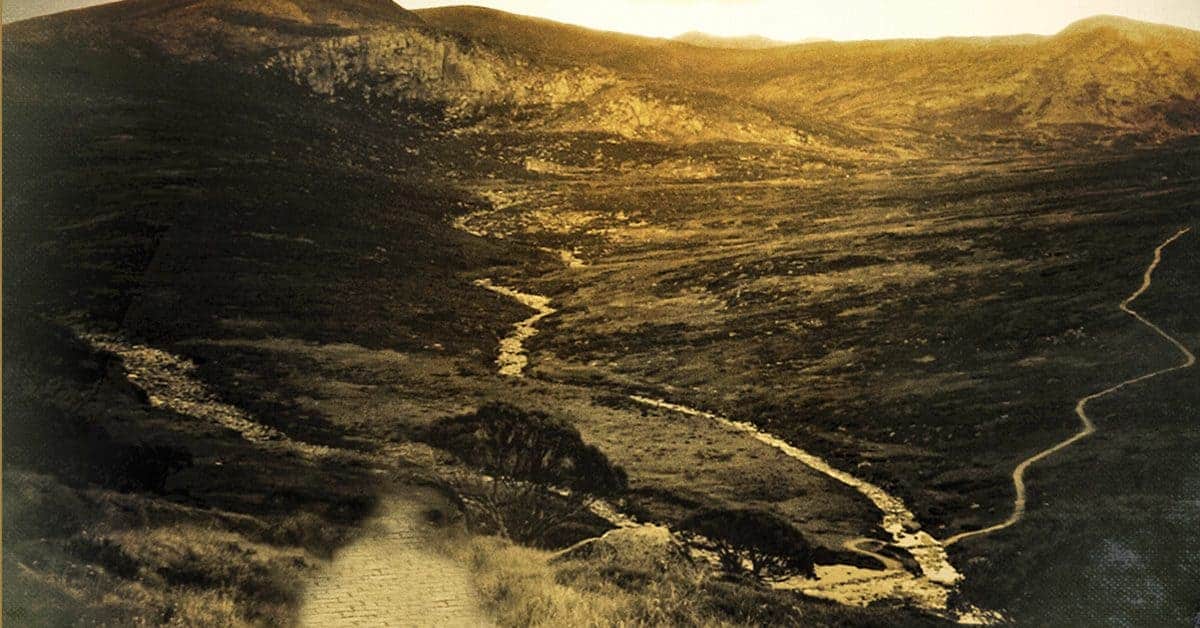Delightfully Overwhelmed
I’m off to Atlanta in the morning for a ten-day stay in Georgia and South Carolina. As I do, I’ve been reminded this week about all the ways others help us do what we’ve been asked to do in the world.
Every year about this time we send out donation tax receipts to those in the U.S. who have helped us financially. While I don’t look at the giving records here, I get to write a letter of thanks to send with those receipts. It gives me a moment to pause and reflect on all those who helped us over the past year. I realize financial support is just one of those ways, but we don’t send out receipts for the others. There’s no way for me to know all the prayers that are offered on our behalf, all the stories and bits of wisdom that are shared with us, and all the ways some of you pass on a quote or a link to a book or podcast that has touched you, or that you might think will bless others.
Here’s what I wrote to those who are part of our financial giving this year. It’s as true of all the other ways people have helped Sara and me do what God has asked us to do in the world:
I am always amazed at how this works even after twenty-four years. I simply do what God asks me to do in the world, and he keeps providing for it through people like you. And for the last ten years, we’ve added the needs of over 100,000 people we’ve come to love in Kenya, and he just keeps providing.
Your generosity has touched many. An entire area of Kenya is being transformed, and people are coming to know the Lord. It also allows me to give my life away, whether it be through personal connections, website content, or traveling the world at my own expense to places where people can’t even afford to help with my plane ticket. I don’t have to charge for anything I do, and that makes the message so much more powerful. Your generosity causes an overflow of thanksgiving around the world at the way Father makes himself known.
I am excited about some new opportunities coming in the year ahead, with the writing projects I’m involved in, the people Father is putting on my heart to visit, and the surprises I cannot yet foresee. I am absolutely delighted at what Father allows me to do and the vantage point he’s given me to see his glory unfold.
Thanks to those who have written reviews on Amazon that encourage others to check out our books, and to those who have sent cards or emails full of love and support for us to stay true to God’s calling, especially when times are difficult. All of this has a part in the word getting out in the world that there is a journey in Jesus available to every one of us that allows us to live deeply in his love and share it with others. We are deliciously overwhelmed with gratefulness to you and thanksgiving to the Father for the way all this has unfolded.
Perhaps this email says it best, understanding that it is written as much to you as it is to me…
Thank you for all the wisdom you’ve given to my wife and me in the last few months. The last part of our journey has been coming out of a very conservative, rule-driven, doctrine-based church system, into the freedom of the God journey. God prompted me to listen to Finding Church just as we were in the last throes of leaving the church, and was like all the lights came on! God has pretty much showed us everything you said, but it put words to what I was feeling, and totally settled the idea of Church being believers interacting in everyday life, not a group gathering regularly, or ‘belonging’ to any particular group.I guess your book confirmed what God has already put in our hearts, and gave us the confidence, that we were already there! This is it, we don’t have to keep looking for the right ‘thing’. Since then God has progressively freed us totally from anyone’s control, and at the same time given us 3 separate beautiful Christian families to fellowship with, as we feel led.
I was also prompted to listen to So You Don’t Want to Go to Church Anymore and more recently, He Loves Me. These were very helpful, lots of fresh perspectives, lots of ‘yes!’ moments. My wife is now reading He Loves Me and slowly letting God unravel all the brokenness she has, and I can see a father – daughter relationship forming.
We still have a long way to go in our relationship with Father, and the lies take a long time to unravel, but we are now in a safe environment which is allowing Father to work.
I have no idea how they found out about me or some of my books, but it often happens because someone like you passed it on to someone like them and that keeps slinging freedom all over the place. I am deeply grateful that so many of you who help us in so many ways pass the word along.




